1. The Bob Newhart Show – Bob’s Unbelievable Ending
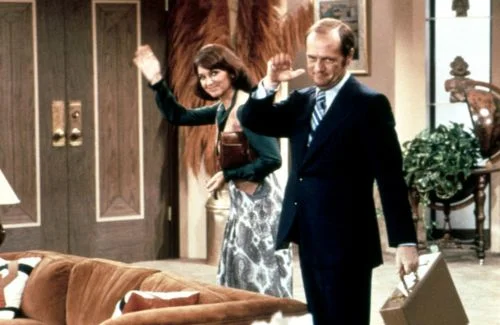
The finale of The Bob Newhart Show in 1978 shocked audiences with its unexpected twist. After years of following Dr. Bob Hartley (Bob Newhart) and his quirky patients, friends, and wife Emily (Suzanne Pleshette), the show ended with a jaw-dropping moment that no one saw coming. In the final scene, Bob wakes up in bed next to his wife from Newhart, a sitcom that aired after The Bob Newhart Show. The entire series was revealed to be a dream—a twist that left viewers gasping.
The surreal twist was both a brilliant piece of comedy and a nod to Newhart’s earlier show. It was a hilarious and unexpected way to end a beloved series, but it also left fans speechless, unsure of what to think. The finale played on the absurdity of sitcom tropes and gave a perfect send-off to Bob Hartley, even if it left us questioning everything we thought we knew. It wasn’t just a show ending; it was a comedic moment for the ages that left us laughing, stunned, and wondering how we could ever see the world the same way again.
2. The Mary Tyler Moore Show – Goodbye to Mary
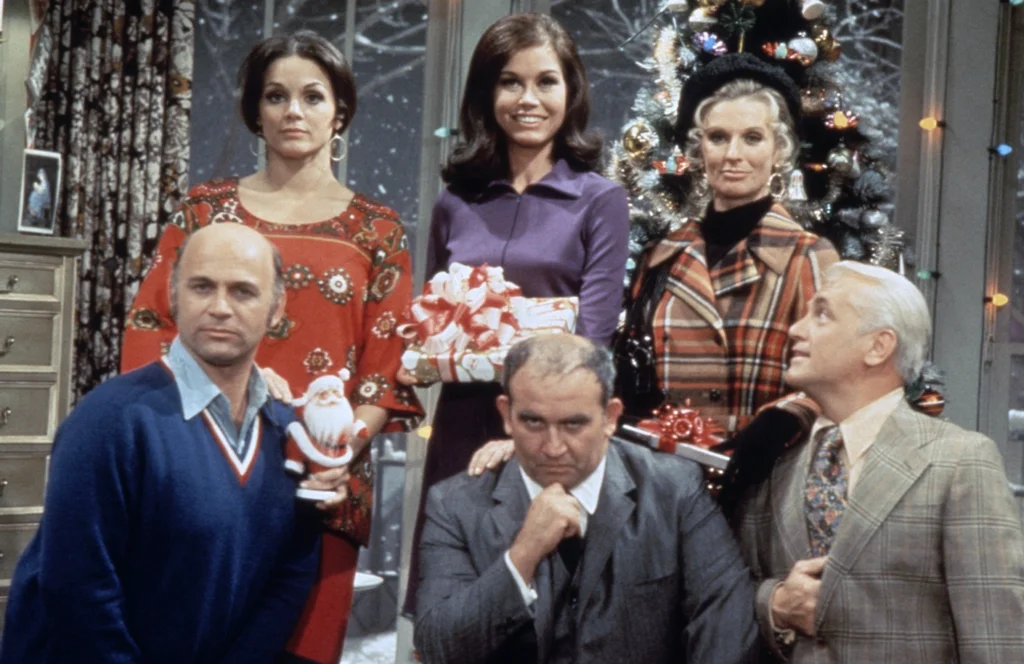
In 1977, The Mary Tyler Moore Show wrapped up with an emotional finale that still resonates today. The final moments of the show centered on the staff of WJM-TV and their parting ways. Mary Richards (Mary Tyler Moore) was no longer the upbeat woman we’d followed for years. The departure of her beloved coworkers, including the heart-wrenching moment with Lou Grant (Ed Asner), left viewers unsure of where they were headed next.
The decision to not give Mary a neat, tidy resolution added to the realism of the moment. Her future was uncertain, but it was clear that she was moving on from her time in Minneapolis. The final scene, with Mary turning off the lights in the newsroom, symbolized the end of an era, leaving viewers to reflect on the show’s impact. It was a farewell that acknowledged the bittersweet nature of life’s transitions, and it left us speechless.
3. All in the Family – Archie’s Heartbreaking Epiphany
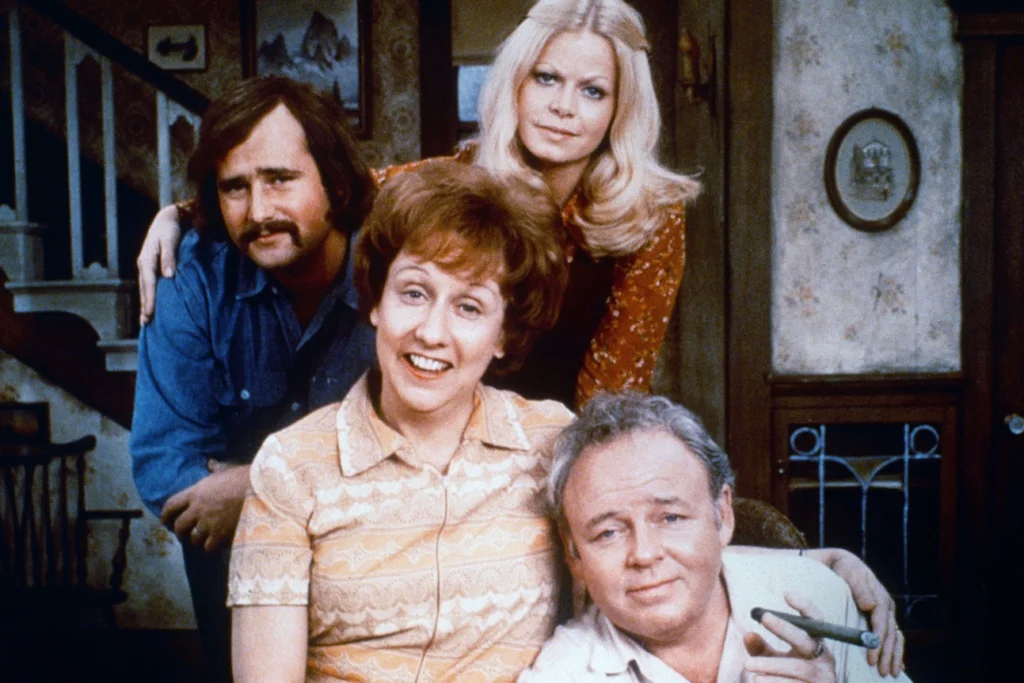
Archie Bunker’s (Carroll O’Connor) evolution from a staunch conservative to a man who could show vulnerability was completed in the 1979 finale of All in the Family. The closing episode brought a heartbreaking, yet powerful, moment when Archie came face-to-face with his own prejudices. His emotional reaction to the changing world around him was unexpected and raw. Viewers were left questioning their own values, and it was a poignant moment of personal growth for the character.
The finale of All in the Family wasn’t just a goodbye to a TV show, it was a departure from the idea that we can stay the same forever. Archie’s reluctant acceptance of his family’s changing dynamics was an emotional, yet fitting end. It wasn’t just a funny sitcom—it had evolved into something deeper, with a conclusion that made us reflect on our own lives. All in the Family may have been a show about laughs, but its finale left us contemplating much more.
4. Happy Days – Richie’s Goodbye
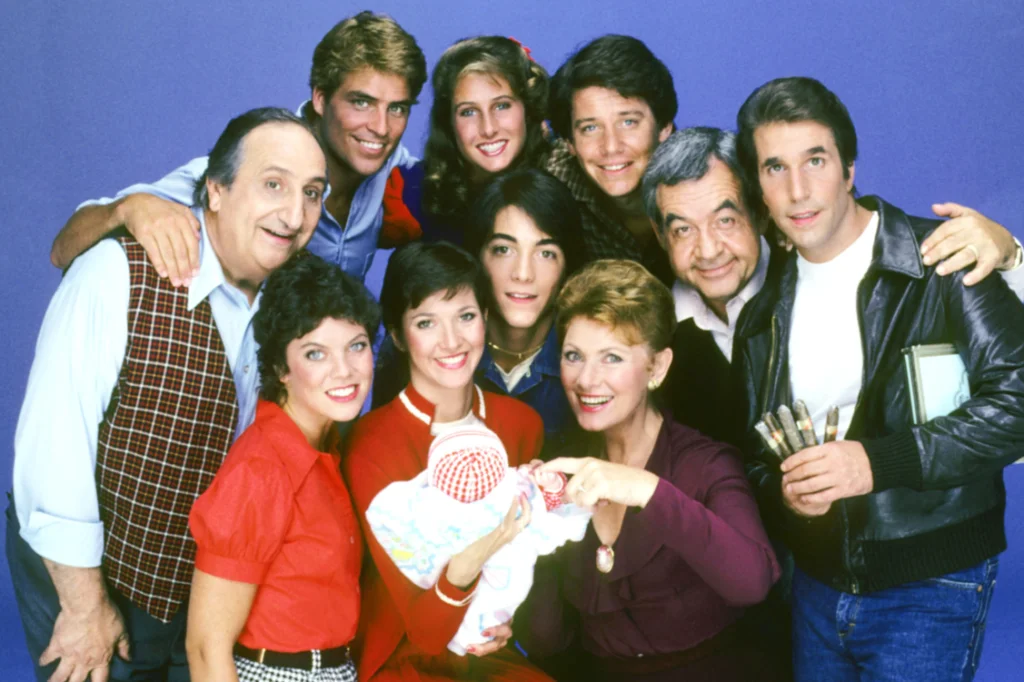
The 1979 departure of Richie Cunningham (Ron Howard) from Happy Days hit viewers hard. Richie, who had been a central part of the series since the very first episode, was leaving for the military. His goodbye to his friends and family at Arnold’s Drive-In was emotional, showing just how much his character had grown. The scene with Fonzie (Henry Winkler) was particularly moving, as it marked a moment of personal change for both characters.
Richie’s departure symbolized a turning point for the series, as it moved from its small-town origins into new territory. The shift in tone wasn’t lost on viewers, who had spent years following Richie’s coming-of-age story. His departure wasn’t just the end of his character’s journey; it was a sign that the show itself was evolving. The bittersweet farewell left fans wondering how the show would carry on without him.
5. The Odd Couple – Oscar and Felix Part Ways
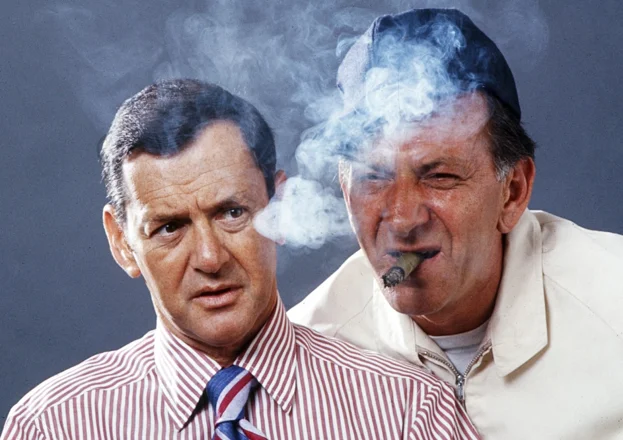
In 1975, The Odd Couple ended with a surprising twist that left fans of the quirky duo of Oscar Madison (Jack Klugman) and Felix Unger (Tony Randall) in shock. After years of their opposites-attract antics, the finale revealed that Felix was moving out of Oscar’s apartment. The decision wasn’t made lightly, and as the two men parted ways, their bond was as strong as ever, despite their differences.
The finale’s emotional weight came not from the humor, but from the understanding that their friendship had evolved beyond the surface-level antics. Felix’s departure symbolized the fact that people change, and sometimes the most enduring relationships require space to grow. The ending wasn’t just about the end of an era for Oscar and Felix—it was a reflection of the growth that all people go through in their lives. Fans were left questioning what happens when we outgrow the relationships that defined us for so long.
6. Good Times – A Heartbreaking Farewell to James
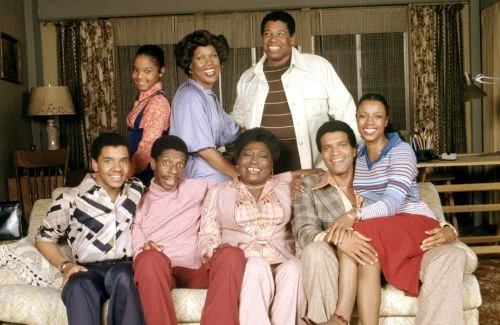
The death of James Evans (John Amos) in Good Times’ 1976 finale left fans reeling. In an unexpected turn, the show shifted its focus to the aftermath of James’ tragic death. The emotional weight of the family’s loss was palpable, especially in the final scenes where Florida (Esther Rolle) finds strength in the face of grief. The departure of James not only marked the end of an era but also left a lasting impact on viewers.
What made this ending so unforgettable was the raw, unfiltered portrayal of loss. The show had always been a mix of humor and tough life lessons, but this finale turned those lessons into something deeper. The suddenness of James’ death changed the family dynamics forever, and the final moments were a reflection of how families cope with the unexpected. For fans of Good Times, it was a hard-hitting reminder that life goes on, even in the face of heart-wrenching circumstances.


